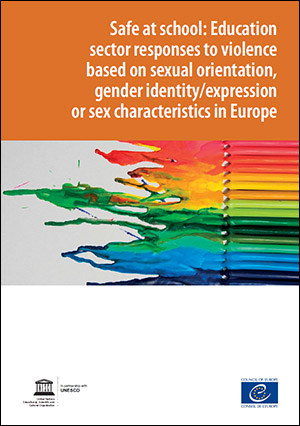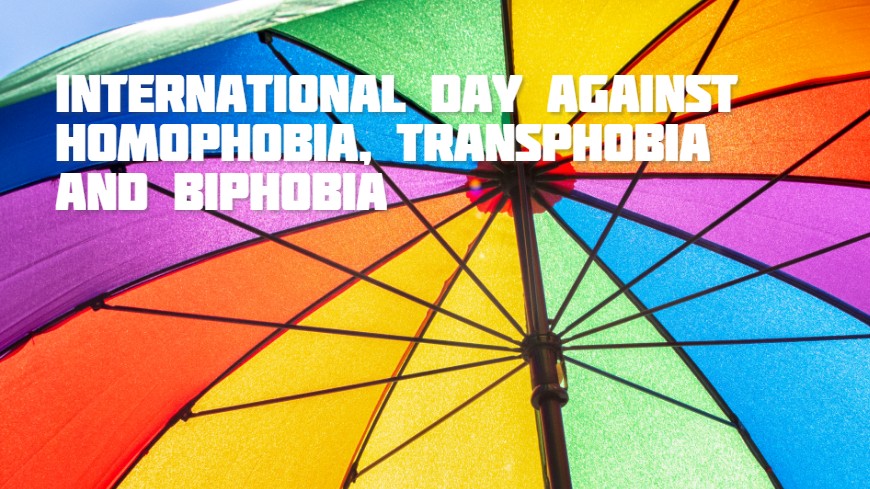The Council of Europe standards and mechanisms seek to promote and ensure respect for the human rights of every individual. These include equal rights and dignity of all human beings, including lesbian, gay, bisexual, transgender and intersex (LGBTI) persons.
The Council of Europe Sexual Orientation, Gender Identity and Expression, and Sex Characteristics (SOGIESC) Unit was set up in 2014 to address human rights challenges based on the mandate given to it by Recommendation CM/Rec(2010)5 of the Council of Europe’s Committee of Ministers to member states on measures to combat discrimination on grounds of sexual orientation or gender identity. In particular, it provides technical support and expertise to member states, upon request, through cooperation activities aiming at improving the legal and institutional frameworks, builds capacity of administration staff and law enforcement, but also promotes the sharing of good practices and raises awareness. Specific themes range from Legal Gender Recognition, inclusion of SOGIESC-diversity in the Workplace, combating SOGIESC-based hate crime, hate speech and bullying, as well as multiple discrimination (e.g. LBT women, LGBTI ethnic minorities, LGBTI asylum seekers and refugees, LGBTI persons deprived of their liberty).





